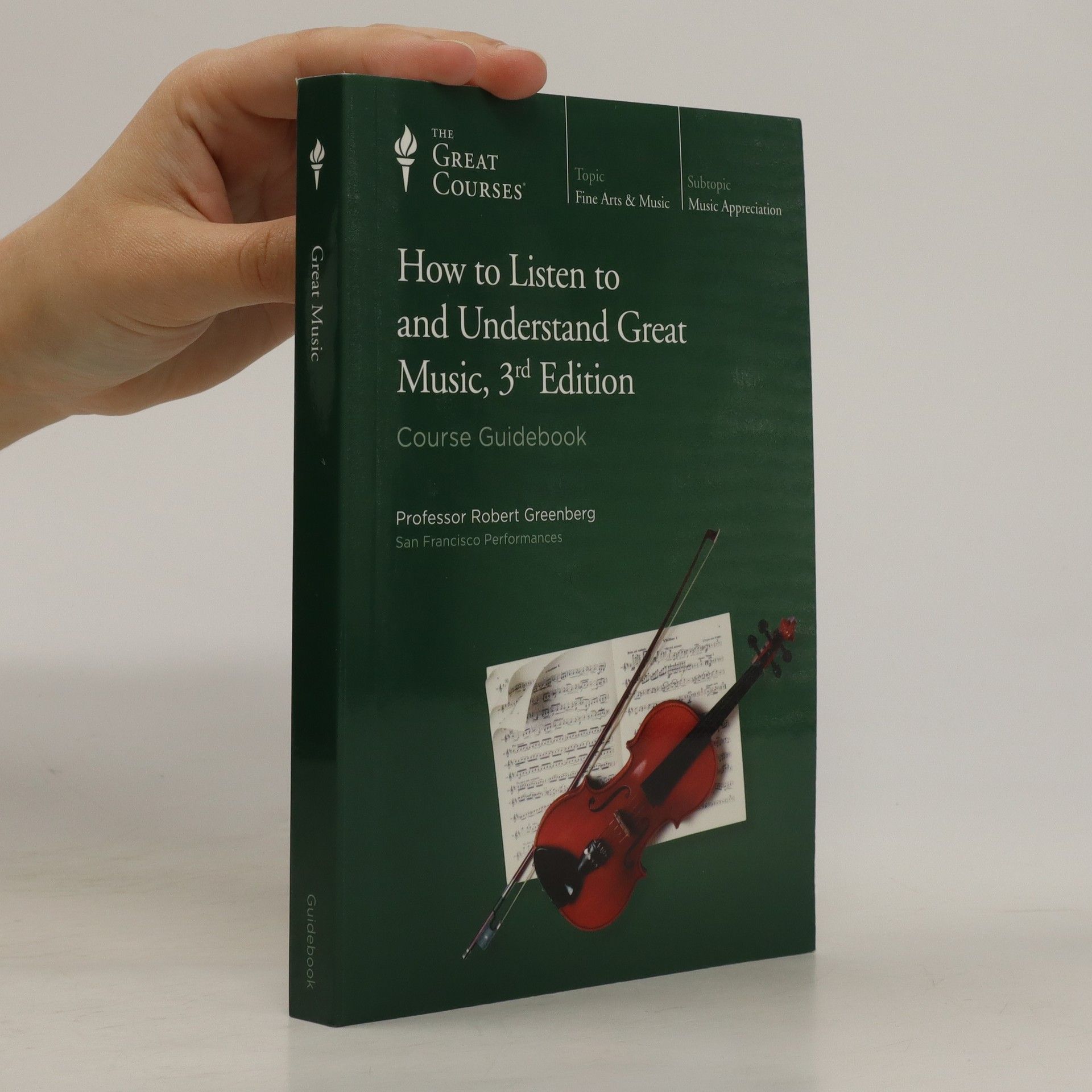How to Listen to Great Music
- 334pages
- 12 heures de lecture
The perfect music gift from one of the most trusted names in continuing education. Learn how to better appreciate music in this guide that will unlock the knowledge you need to understand “the most abstract and sublime of all the arts.” Whether you're listening in a concert hall or on your iPod, concert music has the power to move you. The right knowledge can deepen the ability of this music to edify, enlighten, and stir the soul. In How to Listen to Great Music, Professor Robert Greenberg, a composer and music historian, presents a comprehensive, accessible guide to how music has mirrored Western history, that will transform the experience of listening for novice and long-time listeners alike. You will learn how to listen for key elements in different genres of music—from madrigals to minuets and from sonatas to symphonies—along with the enthralling history of great music from ancient Greece to the 20th century. You'll get answers to such questions as Why was Beethoven so important? How did the Enlightenment change music? And what's so great about opera anyway? How to Listen to Great Music will let you finally hear what you've been missing.

